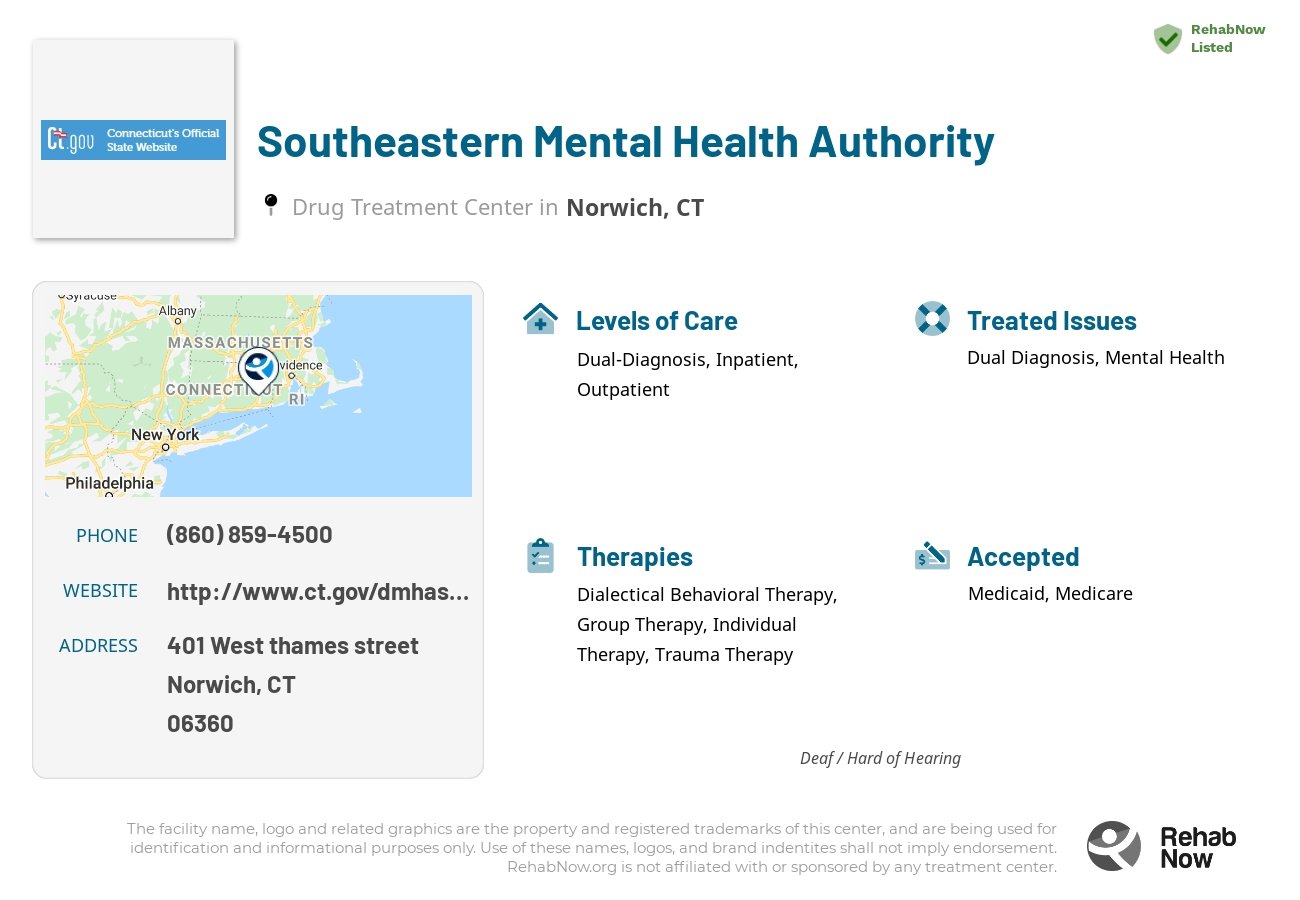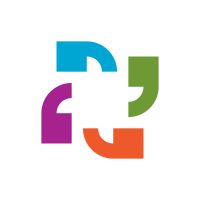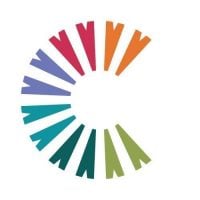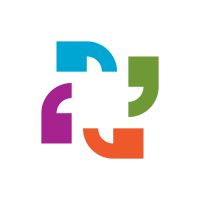
Southeastern Mental Health Authority
Drug Rehab Center in Norwich, Connecticut
- Mental Health
- Dual Diagnosis
The Southeastern Mental Health Authority in Norwich, Connecticut provides comprehensive behavioral health services, specializing in treating mental health, substance abuse, and co-occurring disorders through a variety of evidence-based practices and interventions, and is recognized for their accreditation, licensing, and commitment to quality addiction care.
About Southeastern Mental Health Authority in Connecticut
Southeastern Mental Health Authority in Norwich, Connecticut provides comprehensive behavioral health services for children, adults and families. The facility specializes in treating a wide range of mental health, substance abuse, and co-occurring disorders. They offer an array of treatment modalities and evidence-based practices that are tailored to the individual needs of each patient.
At Southeastern Mental Health Authority, they offer several interventions to treat addiction and substance abuse. These interventions include individual therapy, group therapy, dialectical behavioral therapy, trauma-informed care, family therapy, and crisis intervention. These services are designed to help individuals gain a greater understanding of the underlying issues behind their addiction, heal from the burdens of addiction, and develop healthier coping skills to prevent relapse.
Southeastern Mental Health Authority stands out in the field of addiction care because they are accredited by the Commission on Accreditation of Rehabilitation Facilities (CARF). They are also licensed by the State of Connecticut Department of Mental Health and Addiction Services. In addition, they are one of only 13 agencies in the state to receive National Council for Behavioral Health’s Seal of Excellence, which recognizes their commitment to providing the highest quality of addiction care.
Genders
Ages
Modality
Additional
Conditions and Issues Treated
A “dual diagnosis” is when the individual has two medical issues at the same time. The top co-occurring mental disorders with addiction are depression, anxiety, ADHD, bi-polar disorder. Addiction is also considered a mental illness that is not a choice but rather a medical condition. Addiction can be caused by any number of underlying issues.
Dual diagnosis is provided by Southeastern Mental Health Authority to treat addictive tendencies as well as any untreated mental illnesses. This ensures successful long term health and recovery for patients after treatment has been completed.
Dual diagnosis is provided by Southeastern Mental Health Authority to treat addictive tendencies as well as any untreated mental illnesses for people in Connecticut. This ensures successful long term health and recovery for patients after treatment has been completed.Levels of Care Offered
This center offers a variety of custom treatment tailored to individual recovery. Currently available are Dual-Diagnosis, Inpatient, Outpatient, with additional therapies available as listed below.
Going to an inpatient rehab facility means living there while all aspects of addiction or co-occurring disorder get addressed. The treatment involves medical supervision, therapy, and future planning.
This type of rehabilitation provides a drug-free environment for people who struggle with chronic/long-term addiction without having access to drugs outside the center (or their own home). It takes away any distractions because they live there 24 hours per day. If someone is trying to break out old habits, which could lead them back into substance abuse, things like jobs or school can be put on hold until after they complete their stay to focus solely on recovery.
Outpatient programs at Southeastern Mental Health Authority, the Norwich resident can live with their family while continuing with their job or studies. Treatment includes educating the patient on drug abuse, medications, and counseling sessions at the individual or group level. Outpatient treatment plans cover diagnosis, detoxification, management, and counseling. They are a popular option for those who have graduated from inpatient facilities.
Therapies & Programs
Individual therapy is a form of counseling where you meet with a trained professional one-on-one. Meeting with a therapist in this setting allows for a personal and trusting relationship to be built. This allows the patient to open up about sensitive or private issues they may not feel comfortable discussing in a group. Individual therapy helps identify the root causes of your addiction, which can help prevent relapse.
Group therapy sessions are another common addiction recovery service. These group sessions typically involve six to 12 addicts who meet regularly with a trained professional for support and guidance.
During these sessions, the group shares their experiences with one another and provides feedback that can help each member avoid relapse or overcome specific obstacles they are facing in their recovery process. With this type of support and guidance, addicts can feel like they are part of a community that understands their struggles and will help them get through the hard times.
Many people struggling with drug addiction have experienced some form of trauma in their lives. It is crucial that these individuals seek out professional help; otherwise, their drug abuse and addiction will likely continue.
Therapists and counselors at drug treatment centers employ several treatment programs to help people struggling with drug addiction, including trauma therapy. Trauma therapy helps people dealing with addiction by allowing them to confront the traumas of their past and move past them.
It is important to note that trauma therapy should not be confused with PTSD (post-traumatic stress disorder). Rather, it is used to treat the effects of trauma, which are often at the root of addiction.
Dialectical Behavior Therapy was developed in the 1980s to treat chronically suicidal individuals. It is a cognitive-behavioral therapy that combines standard DBT with strategies derived from Zen Buddhism, such as mindfulness training.
DBT has been adapted for use with other types of psychiatric problems, including eating disorders, substance abuse disorders, borderline personality disorder, posttraumatic stress disorder (PTSD), and other personality disorders. Dialectical Behavior Therapy is considered a psychosocial treatment of BPD. This means that while it can be used alone or in conjunction with drug treatments, DBT does not rely on medications to treat the disorder. Instead, DBT aims to help patients change their thinking and behavior.
Cognitive Behavioral Therapy (CBT) focuses on the underlying thoughts and behaviors that caused the problem of addiction in the first place and may cause a relapse. Negative feelings are common in drug abuse disorders, but they can lead to co-occurring disorders if not recognized. CBT involves strategies that help to change the behavior pattern by restructuring negative thoughts into positive ones. It helps to remove these feelings, and it provides long-term benefits. Also, CBT promotes self-awareness and self-control. It can be administered as a monotherapy or as part of combination therapy.
CBT can improve the patient’s mood, reduce drug cravings and boost success rates on treatment plans. Regular practice can help individuals handle negative attitudes, thoughts, and feelings without turning to drugs or alcohol. The core belief of Cognitive Behavioral Therapy (CBT) is that one’s moods, behaviors, and actions are all connected. Individuals can improve their quality of life using CBT. It helps addicts understand the patterns of thought and feelings that cause them to use drugs or alcohol and develop a healthy response.
Payment Options Accepted
For specific insurance or payment methods please contact us.
Connecticut’s Official Associated Centers
Discover treatment facilities under the same provider.
- Hartford Dispensary - Manchester in Manchester, CT
- Hartford Dispensary - New London in New London, CT
- West Haven Mental Health Clinic in West Haven, CT
- Hartford Dispensary - Henderson - Johnson in Hartford, CT
- Capitol Region Mental Health Center in Hartford, CT
Learn More About Connecticut’s Official Centers
Additional Details
Specifics, location, and helpful extra information.
Norwich, Connecticut 6360 Phone Number(860) 859-4500 Meta DetailsUpdated November 25, 2023
Staff Verified
Southeastern Mental Health Authority Patient Reviews
There are no reviews yet. Be the first one to write one.
Norwich, Connecticut Addiction Information
Connecticut has a higher rate of substance abuse and addiction than the national average. The state ranks in the top 10 in the country for illicit drug dependence among those ages 18 to 25. In 2010, there were 9,211 people admitted to an alcohol treatment facility for alcohol abuse combined with a secondary drug. Connecticut ranked fifth in the United States of America for the number of fatalities involving drunk driving in 2014.
9.4% of Norwich residents reported past-month illicit drug use. The most commonly used drugs in Norwich are marijuana, cocaine, and heroin. In 2014, there were 10 drug overdose fatalities in Norwich, CT, which is a rate of 11.8 per 100,000 residents. People with drug problems are more likely of contracting diseases like Hepatitis B. A good way to start looking for treatment is to ask someone who has been through treatment before.
Treatment in Nearby Cities
- Litchfield, CT (59.0 mi.)
- Windsor, CT (37.1 mi.)
- Bridgeport, CT (61.2 mi.)
- Milford, CT (53.8 mi.)
- Chester, CT (21.4 mi.)
Centers near Southeastern Mental Health Authority
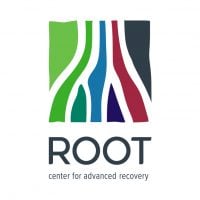

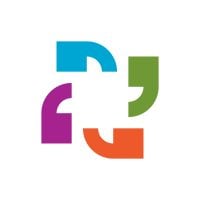
The facility name, logo and brand are the property and registered trademarks of Southeastern Mental Health Authority, and are being used for identification and informational purposes only. Use of these names, logos and brands shall not imply endorsement. RehabNow.org is not affiliated with or sponsored by Southeastern Mental Health Authority.

